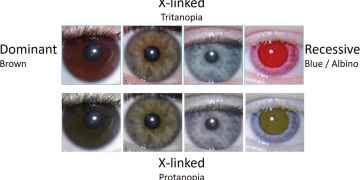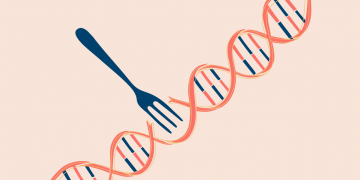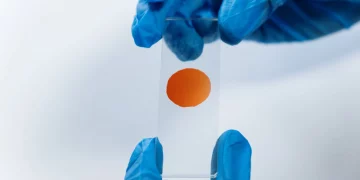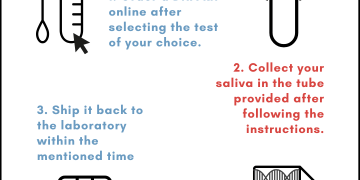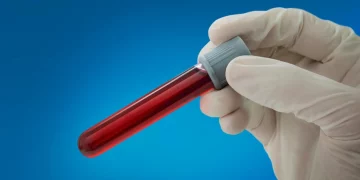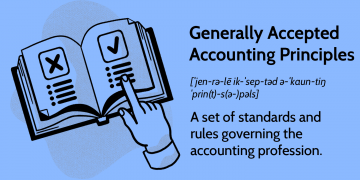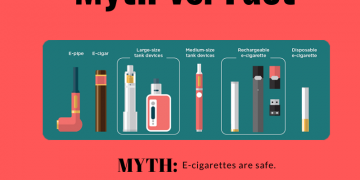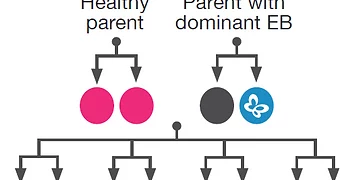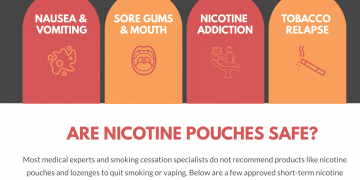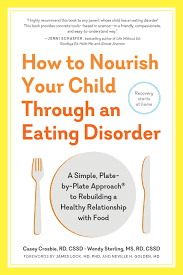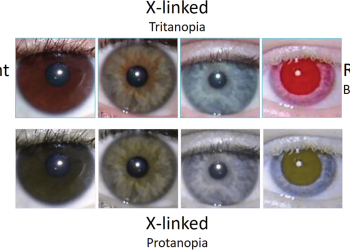Before learning anorexic diet basically, the question is: what is anorexia? Anorexia Nervosa, which is commonly called anorexia, is a frequent eating disorder that leads to self-starvation. People suffering from anorexia can become malnourished and dangerously thin by consuming a restrictive quantity of food. They have an intense fear of becoming overweight even when they are very slim. This condition is characterized as a psychological disorder such as depression. Indeed, people with anorexia prefer fast on some days but, it is a misconception that they do not eat at all. Mostly, they consumed a diet having low calories. Choose the anorexic diet for weight loss. The best anorexic diet might include days of fasting. The anorexic diet has a general rule: you only have to take five bites of food for breakfast, lunch, and supper. That’s why it is also known “five bites” meal plan. For example, if you want to eat a grapefruit for breakfast, you have to discontinue eating after taking five bites. What foods are included in an anorexic diet? Take healthy foods or weight-loss friendly foods as much as possible that includes:
Vegetables like Cauliflower, Broccoli, and Cabbage
Leafy Greens
Fish
Whole Eggs
Meats
Beans
Avocados
Nuts and Chia Seeds
Yogurt
Apple Cider Vinegar
Whole Grains
Fruits
These foods also help you feel energetic during the diet. You have to avoid sugar-loaded foods and give priority to fiber-rich supplements. Losing weight might not be easy as it looks but, the weight loss experienced by anorexic patients concludes that this diet is efficient. Scientific study has proved that women’s body needs 1200 calories and men’s body needs 1500 calories to support vital organs. Patients might suffer illness during the diet because of a sudden decrease in calories.
Anorexic Diet Tips
First of all, talk with your doctor before starting this diet. They will give you anorexic diet tips that may include:
Appetite Control
Before attempting to lose weight, you should have a grip on your eating habit. It is a crucial part when it comes to the effectiveness of your body. Some people use appetite suppressant pills to curb hunger but, it can be dangerous or have several side effects. Instead, you can use natural methods to control hunger and healthily promote weight loss. Use evidence-based techniques such as eating more protein, drinking water before every meal, eating more high-fiber foods, exercising before a meal, eating some ginger, eating low-calorie foods, and taking less stress. Don’t restrict food too much. Just try to eat the right foods because they can help reduce hunger throughout the day.
Prevention of the Formation of Fat
Your healthcare provider will help you prevent the fat formation in your body. They will provide the best tips to burn fat fast. These tips may include
Strength Training (Research has proved that strength training can give numerous health advantages, mainly when it comes to fat-burning).
Follow High-Protein Diet (Multiple studies showed that including more protein foods in your diet can help maintain metabolism and burn fatter).
Take More Sleep (Better sleep quality can help reduce fat).
Drink Healthier Beverages (sweetened drinks quickly increase fat).
Drink Coffee (Caffeine is a type of ingredient that increases metabolism and boosts the breakdown of fatty acids).
Increase your Cardio (Cardio is an aerobic exercise. Studies have found that adding cardio to your routine enhances fat burning).
There are also many options available to improve your health and burn excess fat. Incorporating these habits in your anorexic diet plan can make a big difference.
Stress Management
Stress plays an immense role in how easily you can lose weight. Numerous studies found that stress can lead to an increase in your stress hormone. Having higher levels of stress can cause you to feel hunger, raise your blood pressure, and build up fat around your bellies. These things make it tough for you to lose weight. Your healthcare provider can help reduce stress through medications and exercise. They may offer mindfulness-based stress management therapies to help you respond to stress. These therapies may help you to stop unhelpful behaviors that cause you to weight gain. What is the role of food as a stress reliever? Multiple nutrition foods help you reduce stress. Stress-relieving foods and beverages include fatty fish, garlic, kimchi, matcha powder, broccoli, and chamomile tea.
What people Face Complications by Anorexia?
People who have an intense fear of gaining weight even when they are underweight have anorexia disorders. They control their weight that can be harmful to them and can be very tough to overcome. Some significant complications of anorexia include:
Anemia
The absence of red blood cells in the human body is called anemia. The absence of these nutrients is commonly found in those who restrict their food intake. It could result in weakness, irregular heartbeat, fatigue, pale skin, dizziness, headache, shortness of breath, and chest pain.
Constipation
Constipation includes failure to make a bowel movement. Medical care is recommended if there is no motion after 2-3 days. Because of inappropriate food intake, people experience constipation. Those people who are suffering from constipation likely feel extreme fullness. Natural laxatives such as bananas, melons, apples, leafy green vegetables, nuts, and avocados are the initial treatment for constipation. Complications may include swollen veins in the anus, torn skin in the anus, stool that can’t be expelled, and an intestine that protrudes from the anus.
Dehydration
Dehydration includes not taking enough water or losing water through vomiting, urination, sweating, defecation, etc. People with anorexia restrict their food and fluid intake and become susceptible to dehydration. The symptoms of dehydration include infrequent urination, confusion, thirst, dizziness, and dark-colored urine. In most cases, it can cause significant complications such as low blood volume, orthostatic hypotension, kidney failure, and electrolyte imbalances. Treatment can help with dehydration by adding oral fluids to the patient’s diet. Both physical and mental assessments help to treat dehydration. There is no specific physical therapy for dehydration but, fluid replacement intravenously is the thing physical therapists can do through patient education. Need a physical therapist? Choose physical therapy center Frisco.

